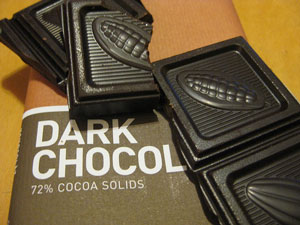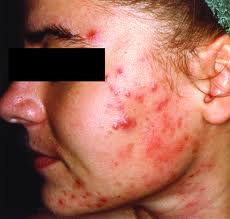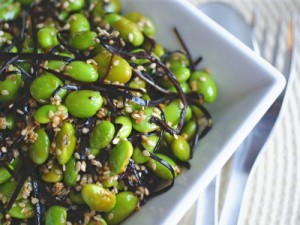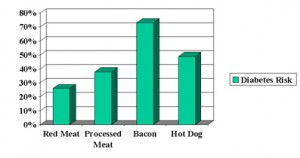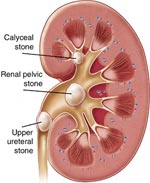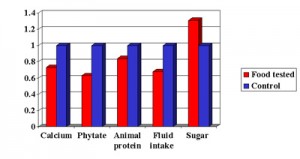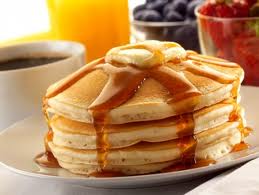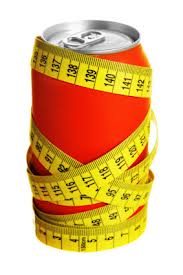Chocolate, as long as it is consumed in moderation, can be good for you. The beneficial ingredients are the bioflavonoids, the same substances that are also found in fruit and vegetables.
Dr. Jeffrey Blumberg, PhD, at Tufts University in Boston reported about a study, where 20 adults with hypertension (high blood pressure) were asked to eat white chocolate or dark chocolate for 15 days. Blood pressure was reduced by an average of 12/9 mmHg with the dark chocolate. White chocolate had no effect, as blood pressures stayed the same. Dark chocolate also caused a dip in the LDL cholesterol and lowered insulin resistance.
The reason for the benefits lies in the bioflavonoids content: dark chocolate is rich in bioflavonoids, whereas milk chocolate contains little, and white chocolate the least of the three.
For all chocoholics this is not a ticket for a box of Belgian dark chocolates or an assortment of candy bars in one sitting.
Moderation is still the key, and you may consider consuming cocoa, perhaps as a Mexican chocolate drink without the fat and without the sugar.
References: The Medical Post, August 9, 2005, page 19
Last edited December 7, 2012
